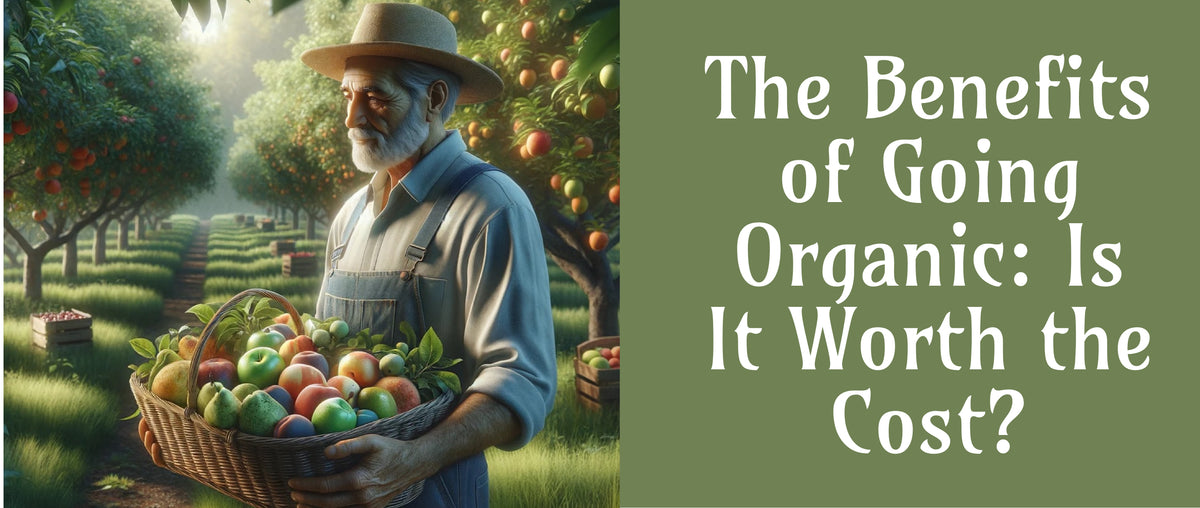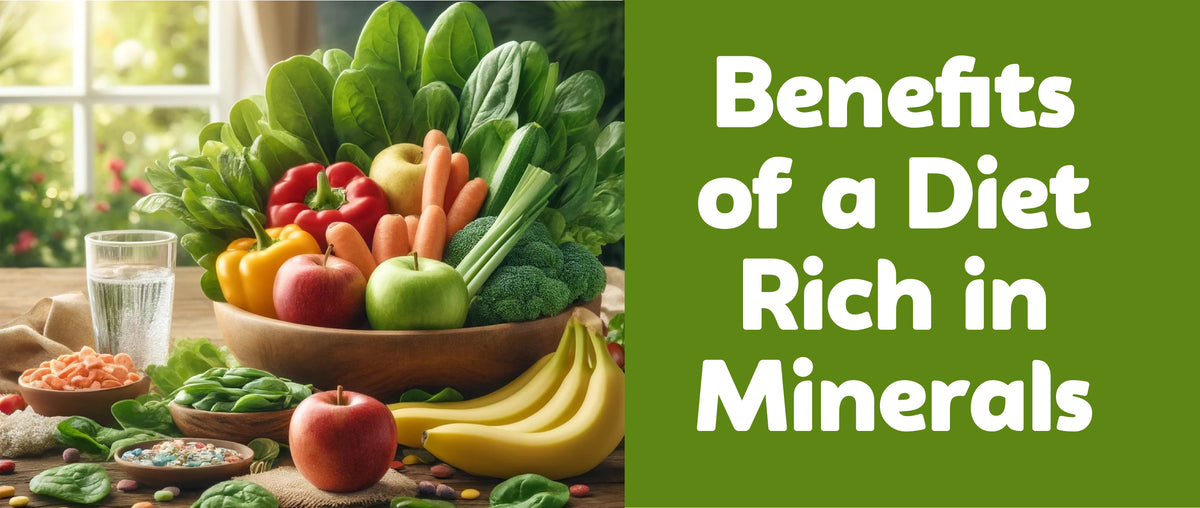The Benefits of Going Organic: Is It Worth the Cost?
The rise in popularity of organic foods has sparked a heated debate: are the benefits worth the cost? As consumers become more health-conscious and environmentally aware, the demand for organic products has soared. But with higher price tags, many wonder if going organic is truly beneficial or just another marketing gimmick. This article explores the benefits of going organic and whether it justifies the additional expense.
Key Takeaways
- Organic foods often contain fewer pesticides and chemicals.
- They may offer higher nutritional value and better health benefits.
- Organic farming practices are more environmentally sustainable.
- The higher cost of organic foods is due to more labor-intensive farming methods and stricter regulations.
- Making informed decisions about when to buy organic can help balance the cost-benefit equation.
What Is Organic Food?
Organic food refers to products grown and processed without synthetic fertilizers, pesticides, genetically modified organisms (GMOs), antibiotics, or hormones. Instead, organic farming practices emphasize natural methods such as crop rotation, composting, and biological pest control. Common organic foods include fruits, vegetables, grains, dairy products, and meat.

What Does It Take for Food to Be Certified Organic?
For food to be certified organic, it must meet strict standards set by regulatory bodies such as the USDA in the United States. These standards ensure that:
- Crops are grown without synthetic pesticides or fertilizers.
- Livestock is raised in living conditions that accommodate their natural behaviors, fed organic feed, and not given antibiotics or hormones.
- Processed organic foods do not contain artificial preservatives, colors, or flavors.
Certification involves regular inspections and adherence to these guidelines, making organic farming more labor-intensive and costly.
Why Is Organic Food More Expensive Than Conventional Food?
Organic food often comes with a higher price tag due to several factors:
- Labor-Intensive Farming: Organic farming requires more manual labor for tasks like weeding and pest control.
- Certification Costs: Obtaining and maintaining organic certification involves significant expenses.
- Lower Yields: Organic farms typically produce less per acre compared to conventional farms.
- Supply Chain Costs: Smaller production volumes and separate processing and distribution systems contribute to higher costs.
Is Organic Food Better for You?
Health Benefits of Organic Foods
Organic foods offer several potential health benefits, making them a key part of a healthy diet:
- Fewer Pesticides and Chemicals: Organic produce has lower levels of pesticides, which can reduce the risk of health issues related to pesticide exposure.
- Higher Nutritional Value: Some studies suggest that organic foods may have higher levels of certain nutrients, such as antioxidants.
- Better for Individuals with Allergies: Organic foods may be less likely to trigger allergies due to the absence of chemicals and synthetic additives.
- Reduced Risk of Antibiotic Resistance: Organic meat comes from animals not given antibiotics, reducing the risk of antibiotic-resistant bacteria.
Are Some Nonorganic Foods Better Than Others?
Not all nonorganic foods pose the same level of risk. Some have lower pesticide residues and are safer choices if you’re on a budget:
- The Clean Fifteen: Foods like avocados, sweet corn, and pineapples typically have lower pesticide residues.
- The Dirty Dozen: Foods such as strawberries, spinach, and apples are more likely to have higher pesticide residues and are worth buying organic.
Factors Contributing to Higher Costs of Organic Food
| Factor | Description |
|---|---|
| Labor-Intensive Farming | More manual labor required |
| Certification Costs | Expenses for certification and compliance |
| Lower Yields | Organic farms produce less per acre |
| Supply Chain Costs | Separate processing and distribution |
How Can I Find Organic Produce That Is Less Expensive?
Buying organic doesn’t always have to break the bank. Here are some tips to make organic shopping more affordable:
- Buy in Season: Organic produce is cheaper when it’s in season.
- Shop at Farmers’ Markets: Local farmers’ markets often offer fresh, affordable organic produce.
- Join a CSA: Community Supported Agriculture (CSA) programs allow you to buy directly from farmers.
- Prioritize: Focus on buying organic for the most pesticide-laden produce and non-organic for items with lower pesticide levels.
The Benefits of Organic Food
Health Benefits
- Fewer Chemicals: Reduced exposure to pesticides and chemicals.
- Nutritional Value: Potentially higher levels of certain nutrients.
- Allergy-Friendly: Less likely to trigger allergies.
Environmental Benefits
- Sustainable Farming: Promotes sustainable agricultural practices.
- Soil Health: Enhances soil fertility and biodiversity.
- Lower Pollution: Reduces environmental pollution and carbon footprint.
Ethical and Social Considerations
- Animal Welfare: Organic farming often ensures better living conditions for animals.
- Supporting Local Farmers: Buying organic can support small-scale and local farmers.

Organic Food vs. Locally-Grown Food
While both organic food and locally-grown food offer benefits, they differ in several ways:
- Organic Food: Grown without synthetic pesticides and fertilizers, often with a higher cost due to certification and stricter farming practices.
- Locally-Grown Food: May not be organic but supports local economies, reduces carbon footprint due to shorter transportation distances, and is usually fresher.
Conclusion
In conclusion, while organic foods come with a higher price tag, the health and environmental benefits can make them worth the cost. By making informed choices and prioritizing which foods to buy organic, you can enjoy the benefits without overspending. Embrace a healthy eating with organic options to support your well-being and the planet.
Do you enjoy vegan food? We have a list of vegan restaurants in India to help you find delicious options in your area!










